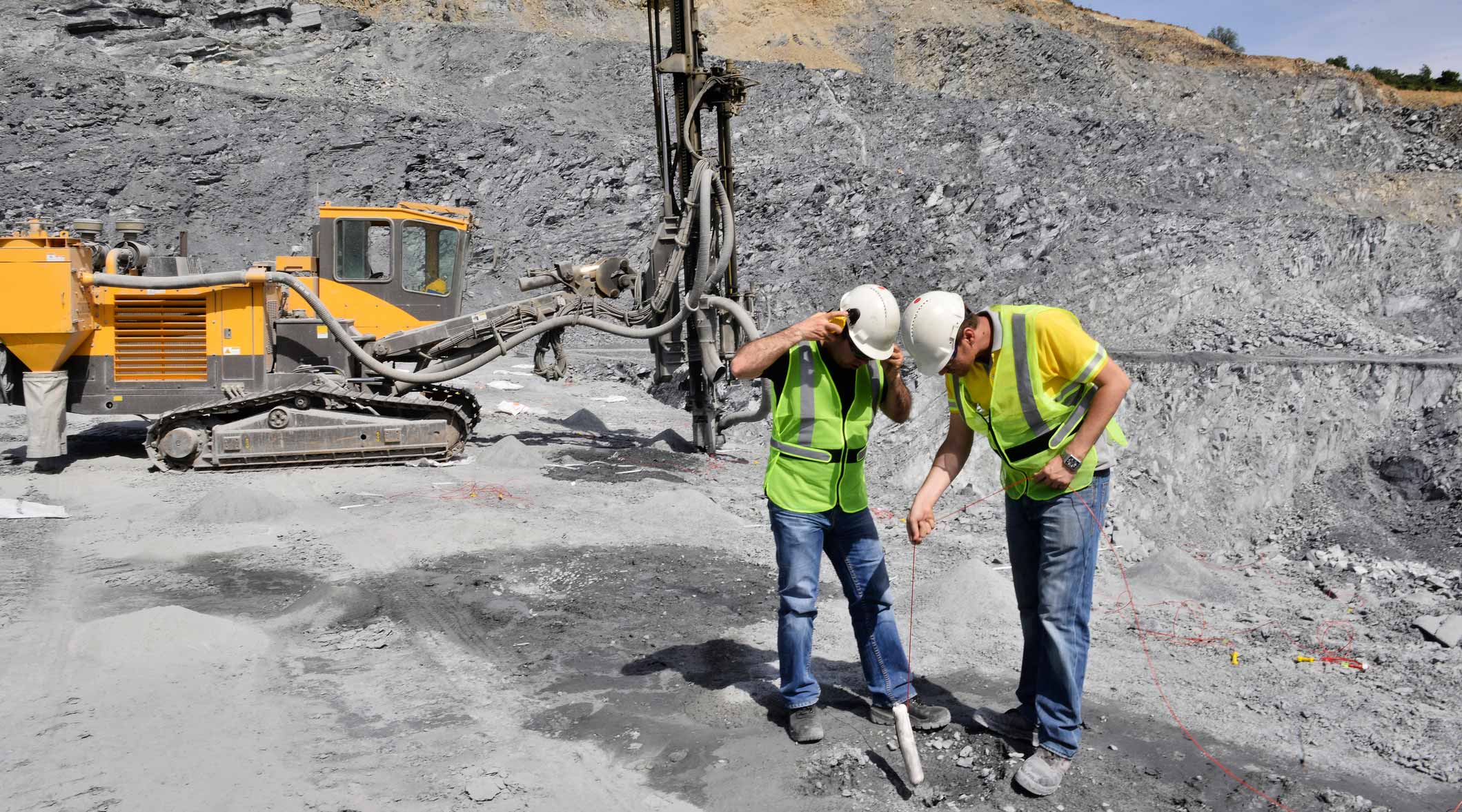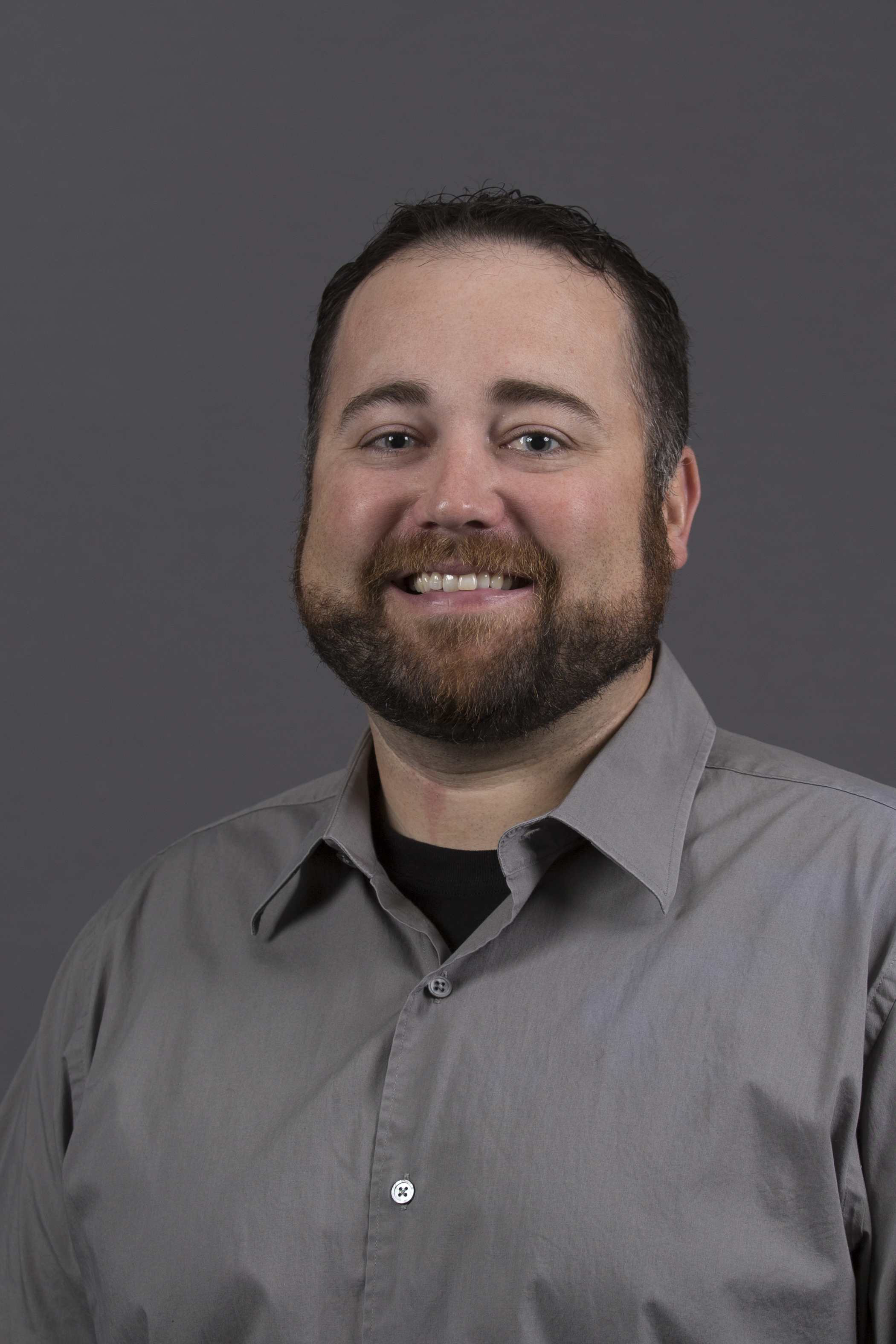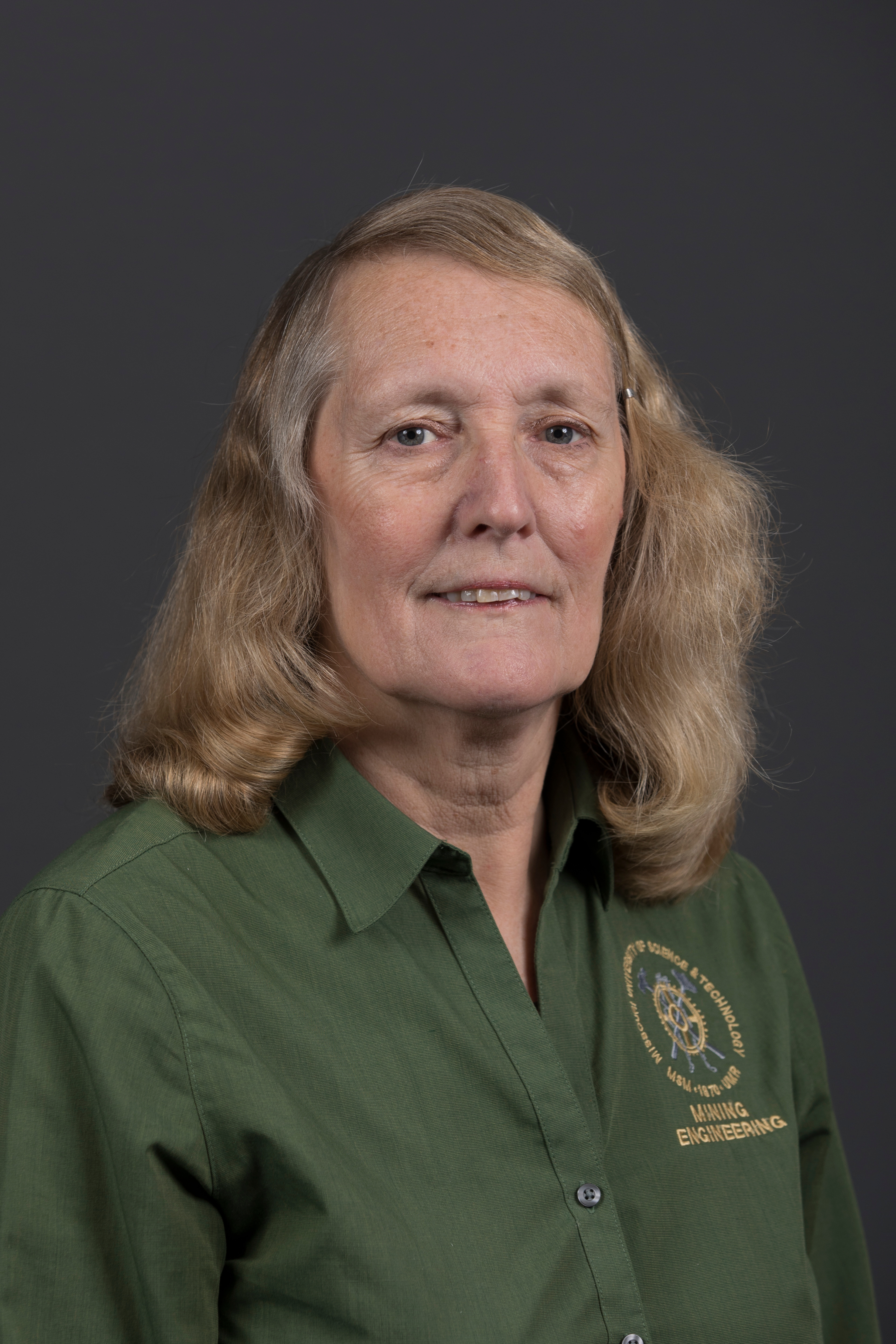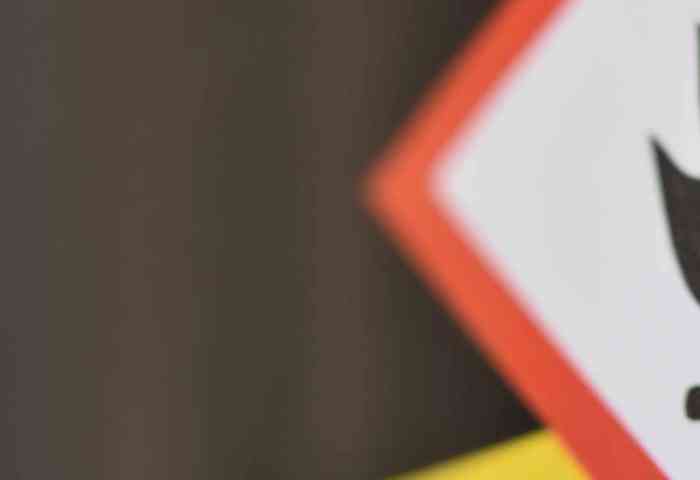Get started with Missouri S&T
Apply hereMaster of science
Advance your career and specialize your knowledge with Missouri University of Science and Technology’s (Missouri S&T) fully online master of science in explosives engineering.
In response to skills demand from industry and government organizations, Missouri S&T introduced this innovative program over a decade ago. Now supported by the International Society of Explosives Engineers, as well as explosives and mining industries, this 30 credit-hour program trains professionals with a science, engineering or technology background on key applications, including in mining, construction, excavating and demolition. In the process, you’ll learn to integrate explosives technology into a variety of systems and understand the design and operation of explosive-related systems and both natural and built-structure effects.
Missouri S&T strives to not only produce knowledgeable and ethical explosives engineers ready to lead but graduate a new generation of experts prepared to make a difference in government and industry sectors. As a result, the online master of science in explosives engineering is the only program of its kind in the nation and is open to individuals who have earned a bachelor’s degree in an applied science, technology or engineering discipline with an emphasis on the natural sciences and mathematics. Individuals without this background who are interested in entering this expanding yet niche field are advised to apply to the master of science in explosives technology.
Quick facts
Official name
Master of science in explosives engineeringCampus
Program type
Master's degreeAcademic home
College of Engineering and Computing | Department of Mining and Explosives EngineeringDelivery mode
100% onlineAccreditation
Higher Learning CommissionCredit hours
30Estimated cost
$36,000.00Military credit hours
30Military estimated cost
$23,850.00*This cost is for illustrative purposes only. Your hours and costs will differ, depending on your transfer hours, your course choices and your academic progress. See more about tuition and financial aid.
About the online master’s in explosives engineering
It’s estimated that the United States uses six to seven billion pounds of explosives per year. The mining and construction industries increasingly rely on this technology. Indirectly, explosives play a role in sourcing materials for constructing new homes, schools, commercial buildings and infrastructure.
Missouri S&T realized this need over 20 years ago. In 1997, we introduced a mining emphasis area to our engineering programs. A dedicated undergraduate degree and minor in explosives engineering grew from here in 2005. A few years later, we decided to address the growing number of individuals with science, engineering or technology backgrounds interested in refining their skills for the explosives field. An entirely online format with flexible courses now lets professionals all over the country access this invaluable information to take their careers to the next level.
Through core and higher-level courses, you’ll be taught by industry experts and world-renowned faculty involved in essential research:
- Study theoretical and practical elements of explosives engineering to analyze and design related systems.
- Enhance what you know about uses of explosives, propellants and pyrotechnics in mining, construction, homeland security, defense, construction, demolition, oil and gas, fireworks and special effects.
- Learn how to safely handle and deploy explosives in several disciplines and contexts.
- Build off your existing engineering or science career to enter a specialized, in-demand field and grow your managerial potential.
- Prepare for a range of engineering career paths, including in defense, consulting, explosives manufacturing, government, mining, construction, demolition, federal investigations and the military.
- Begin to establish your industry expertise with an optional thesis, or use part of your credits to complete an industry project or co-operative experience.

Career prospects
Multiple fields seek professionals with a comprehensive, engineering-rooted understanding of explosives technology.
Across industry and government applications, the online master’s in explosives engineering prepares you for: rock excavation (mining, construction and tunneling), explosives manufacturing, sales and technical representation, consulting, regulatory, seismic, oil well stimulation, forestry, demolition, military, defense (government and contractor), pyrotechnics and propellants manufacturing, explosives formulation and testing, research, education and training, fireworks displays, special effects for film and television production and pyrotechnics for indoor use (close proximity audience), including rock concerts, theatrical productions and other special events.
Program structure
The master of science in explosives engineering requires 30 credit hours. This includes a four-course core sequence, nine hours of 6000-level classes and an optional six credit-hour research-based thesis. Students opting for the non-thesis format replace these credits with two additional courses, one of which may be substituted with an industry project or group co-op experience. In the process, you'll be exposed to diverse topics involving explosives and are encouraged to explore related engineering disciplines.
Courses are held entirely online and are semester-based. Students typically take one or two classes each semester and finish in two to three years.
If a course has a laboratory component, expect to spend three days to one week on campus. Your instructor will inform you of the dates ahead of time.
Along with laboratory components, a Blasters Training Seminar is scheduled during the spring semester. Participating in this session helps you meet training requirements for the Missouri blaster’s license.
Course work
Core courses introduce you to the following topics:
- Theories and applications of explosives in the mining industry
- Theories and applications of explosives in construction and excavation
- Equipment, techniques and processes for excavation
- Mechanical and conventional excavation techniques for tunneling and underground construction
- Blast mechanics and other environmental controls
- Scientific principles, equipment and operations for explosives testing and blasting
Review all courses and descriptions for the online master’s in explosives engineering.
Delivery
100% onlineCalendar system
SemesterTypical program length
3 yearsTypical course load
1-2 classes per semesterAccreditation
Missouri University of Science and Technology is accredited by the Higher Learning Commission, one of six regional institutional accreditors in the United States.
Faculty spotlight

Dr. Perry earned a doctorate in mining engineering from the University of Kentucky and a bachelor’s in civil engineering from the University of Missouri-Columbia. His research interests include: explosion protection, mine blasting effects, dust explosions and ground control.

Dr. Johnson earned a doctorate in mining engineering from the University of Kentucky in 2014 and mining engineering bachelor's and master's degrees from the University of Leeds in England. Her research interests include: environmental considerations of blasting, fragmentation prediction, biological effects of shock exposure and explosibility of dusts.

Dr. Worsey earned his doctorate from Newcastle University in England. Worsey has earned many accolades, including Global Learning Outstanding Teaching Award of Excellence (2010, 2006), Missouri S&T Faculty Service Award (2009), International Society of Explosives Engineers President's Award (2002) and more. He's been featured in the New York Times, Popular Science and on television on Discovery Channel and National Geographic.
His research interests include: explosives engineering, drilling and blasting, rock excavation, demolition and commercial pyrotechnics.

Dr. Worsey earned her doctorate from Missouri University of Science & Technology in civil engineering. She earned her master's in civil engineering from Newcastle University in England and her bachelor's in physical geography from University of Bristol in England. Her research interests include: explosives engineering and regulations.
